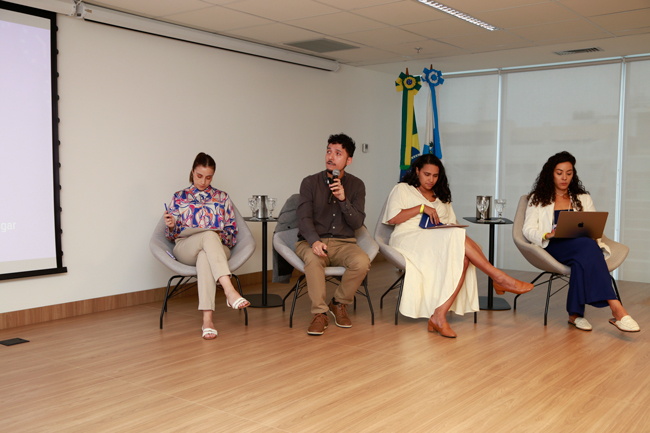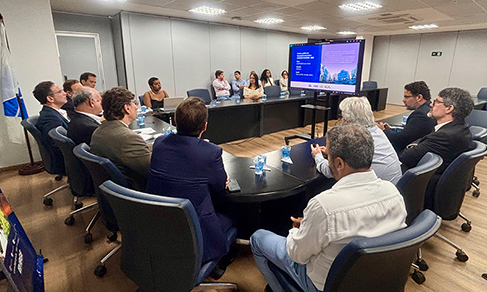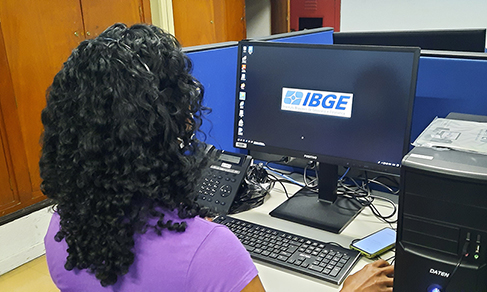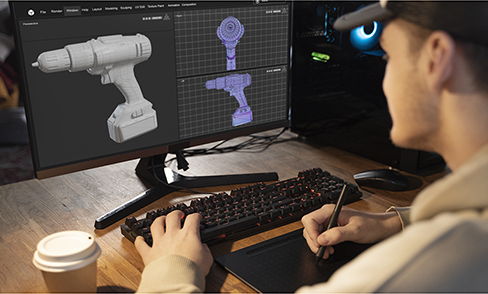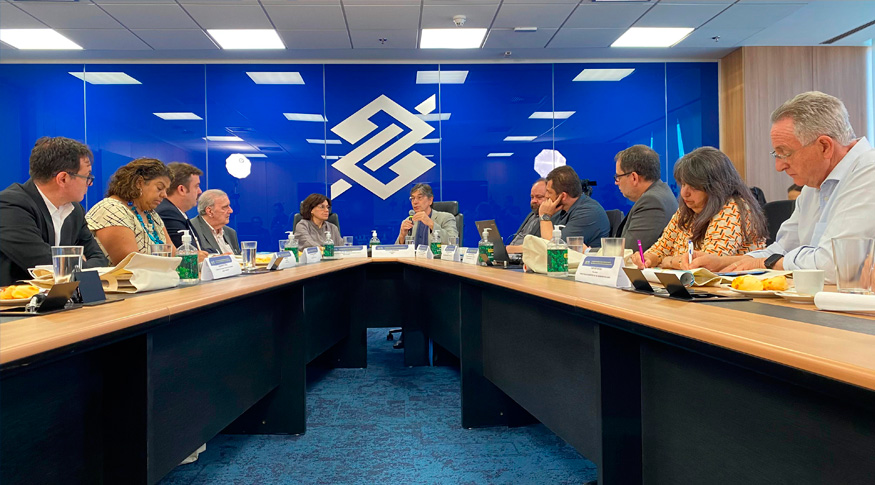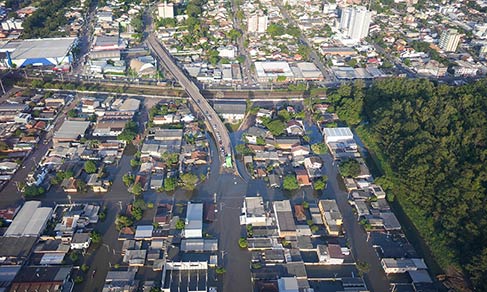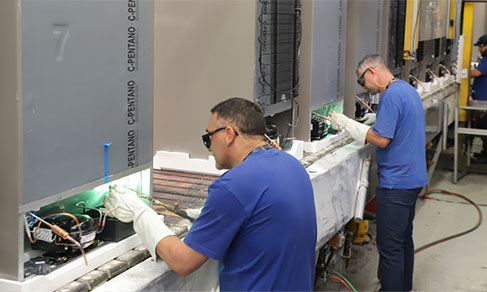Seminar on time use discusses the central role of women in a country's development
September 26, 2025 02h31 PM | Last Updated: September 26, 2025 08h20 PM
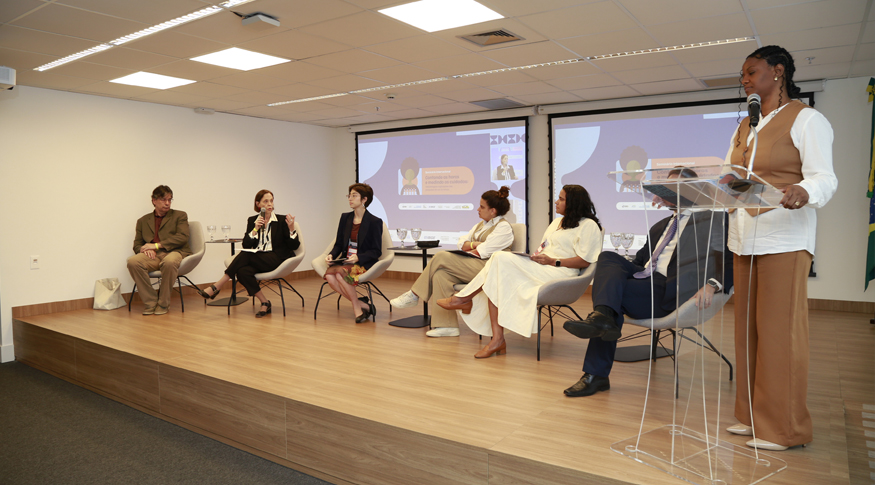
Use of time was the central axis of debates and conversations on Wednesday (24) and Thursday (25), during the International Seminar Counting Hours and Measuring Care, held at the headquarters of the Attorney General's Office (AGU), in Rio de Janeiro. The Brazilian Institute of Geography and Statistics (IBGE) was one of the organizers.
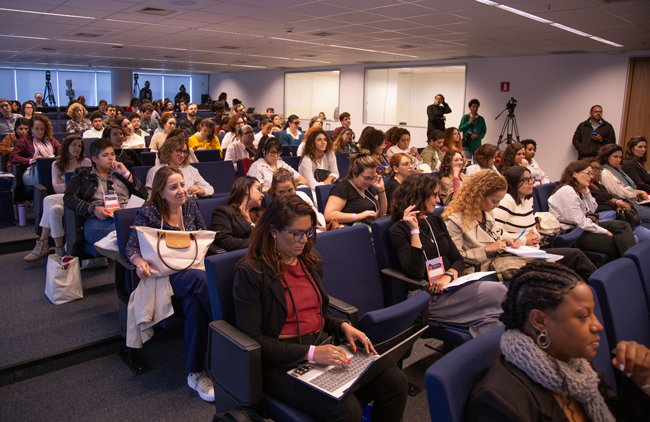
Coordinated by the IBGE's Gender Commission and the Household Sample Survey Department (DPE/COPAD), the seminar marked a strategic moment for improving time use statistics in Brazil, as highlighted by IBGE president Marcio Pochmann.
"The world is undergoing a new shift, with women in central positions of economic and social life, and this needs to be measured and studied. Therefore, it is necessary for the data to be increasingly accurate so that they can be transformed into public policies."
Pochmann emphasized the role of IBGE in this agenda: "We need to highlight the investment in this area, such as the POF [Consumer Expenditure Survey], which provides data on time use. Unlike other research institutes around the world, which face investment cuts, our Institute is able to show the Brazilian reality and contribute to the development of actions."
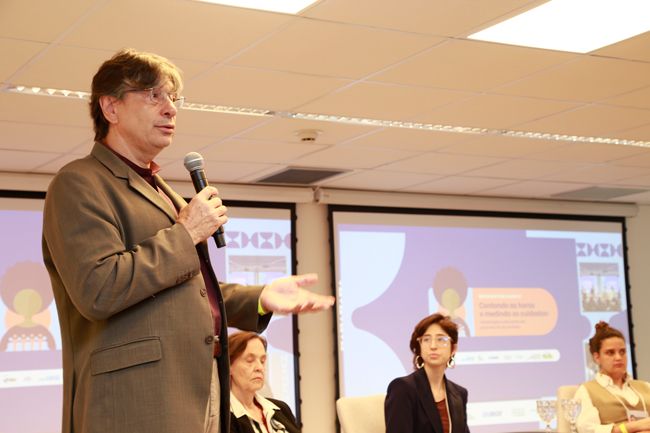
Laís Abramo, National Secretary of Care and Family Policy (SNFC/MDS), shared this consideration and emphasized the importance of IBGE's participation: "Detailed information is key to developing more just, equitable, and sustainable public policies. Without data, we are unable to engage with academia, other ministries, the Congress, and social organizations."
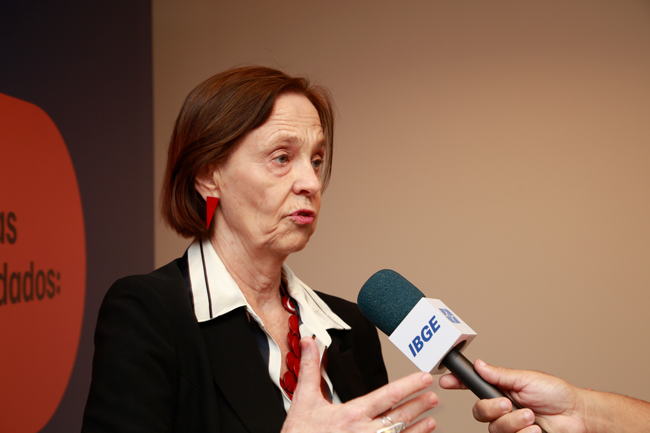
On behalf of the Ministry of Planning and Budget, Danyel Iório — Undersecretary of Social Programs, Cross-Cutting and Multisectoral Areas, and Social Participation — also spoke about this vast information network aimed at improving people's lives: "Having quality data and information brings needs into the debate, which generates budgets and results in concrete public policies.
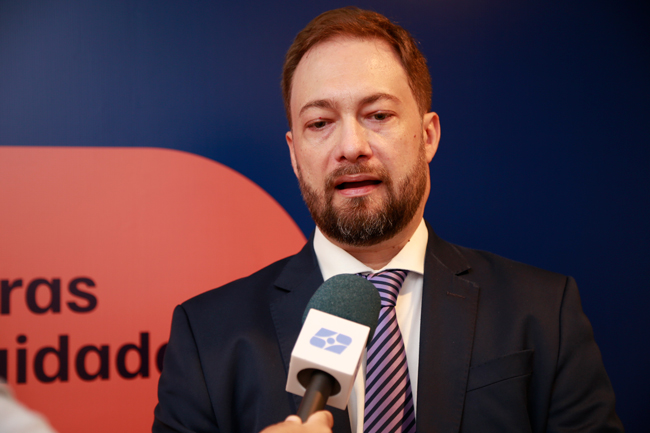 Danyel Iório, Undersecretary of Social Programs, Cross-Cutting and Multisectoral Areas, and Social Participation of MPO – Photo: Félix Costa/IBGE
Danyel Iório, Undersecretary of Social Programs, Cross-Cutting and Multisectoral Areas, and Social Participation of MPO – Photo: Félix Costa/IBGE
The event featured national and international experts. Luiza Nassif, co-director of the Center for Research in Macroeconomics of Inequalities (MADE/USP) and the Institute of Economics at Unicamp, emphasized the importance of spaces for debate spaces like this one. "Working on time use is challenging, as it is a cross-cutting issue, and Brazil has made progress in consolidating this data. We are launching a task force here to place women at the center of the economy and show the population that they are also part of the country's development process.
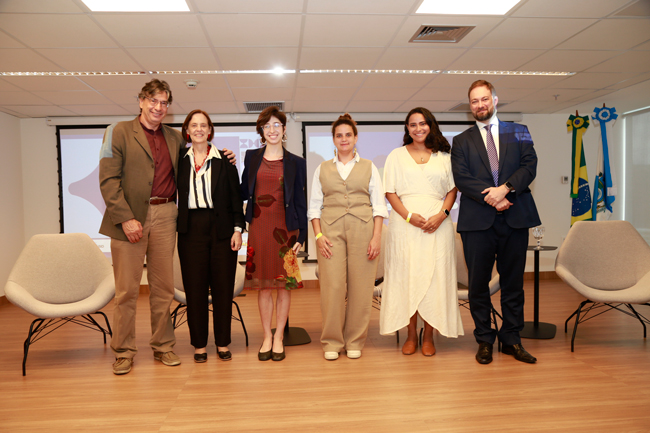
IBGE surveys on the topic
In 2009, the Institute launched an experimental survey within the Continuous PNAD (National Household Sample Survey), which already addressed the issue of time use and served as the basis for a new mapping, as informed by Daléa Antunes, advisor to the IBGE Presidency and coordinator of the Gender Commission.
“The IBGE is the main producer of data on the topic. We ask questions about household activities and chores. We are currently in the field with the Continuous PNAD (National Household Sample Survey), which includes a new, more up-to-date section, and also collecting data from the POF light diary test. This is important because it not only provides information about care and chores, but also about personal care—the time people dedicate to their activities throughout the day.”
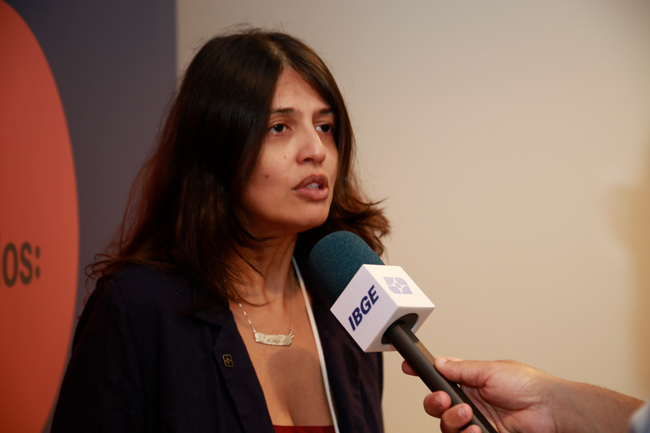
Antony Teixeira, technical advisor for the Continuous PNAD Coordination, detailed the new module: "The current survey, in effect since 2016, is multi-thematic and investigates other forms of work."
Those directly aware of changes in families are the research and mapping agents. Gabriela Pires, from the Rio de Janeiro Superintendency, contributed to one of the panels on the topic. "The questions about time use and care are in the last section of the survey, and we noticed during the visits that most households are headed by women."
"They have no understanding of time and its accounting, nor do they associate domestic care with forms of work, in this case, unpaid work. In fact, this sparked my observation of my own routine at home," she added.
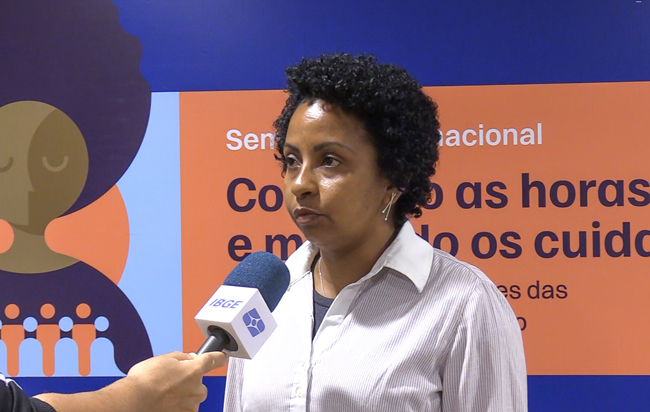
Oscar D’Alva, coordinator of the Continuous PNAD at the Ceará Superintendency, reinforced the relationship between data collection and the formulation of public policies: “Information from PNAD and POF helps coordinate ministries and develop cross-cutting public policies.”
International status of time use
The reality of the Global South was also discussed at the event. Valéria Esquivel, from the International Labor Organization (ILO), spoke about time use as an important factor in the creation of public policies.
“The characteristics of Latin American countries mean that questionnaires have local specificities. Therefore, there are different methodologies, but one thing they have in common: daily activities that take up most of women’s time. With this data, we are able to have a chronology of events, including those occurring simultaneously, and observe labor participation differences and social inequalities between men and women.”
An experiment created 30 years ago in Medellín, Colombia, was presented by Iliana Vaca-Trigo, of the United Nations Statistics Division: "We also mapped time by age, social class, type of housing, and the use of 24 hours. With this level of detail, we are able to conduct micro and macro analyses, making time a unit of measurement for social and economic indicators."
Providing a different perspective on Latin America, Agustín Arce, of the National Statistics Institute of Chile, mentioned the second survey conducted by the country on time use.
"The last one was conducted in 2023, with people aged 12 and older. We found that women spend more time on various activities, whether domestic, paid, or unpaid. We asked why many women lacked leisure or study time. The answer was: because they were working."
